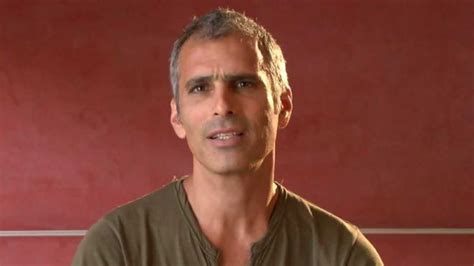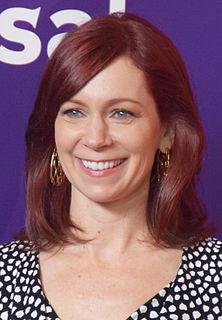A Quote by Chris Hayes
We have different expectations for different groups of people. We tend to modulate the degree with which we're forgiving or punitive depending on how well we know folks, or how much we consider them peers, or how much social capital we've invested in them. That has to do with race, class, gender, and socioeconomic status. We have a tendency to bend over backwards to forgive folks we think of as part of "the us." The question of who we define as "the us" is a lot of what constitutes how we punish who we punish.
Quote Topics
Backwards
Bend
Capital
Class
Consider
Define
Degree
Depending
Different
Economic Status
Expectations
Folks
Forgive
Forgiving
Gender
Groups
How
How Much
Invested
Know
Lot
Much
Over
Part
Peers
People
Punish
Question
Race
Social
Social Capital
Socioeconomic Status
Status
Tend
Tendency
Them
Think
Us
Well
Which
Related Quotes
...there is simply nothing so important to a people and its government as how many of them there are, whether their number is growing or declining, how they are distributed as between different ages, sexes, and different social classes and racial and ethnic groups, and again, which way these numbers are moving.
Certainly, we all have within us the potential to live in a hugely different way. And how happy you can make yourself, I think, a lot depends on how much you beat yourself up about that; and how much you can, in some sort of providential way, console yourself and say, 'Well, it's all worked out for the best, in the best of all possible worlds.'
I think parenting well is not so different than trying to consider how to be successful at any relationship. Like, how do you partner well? How do you collaborate well? How do we have this conversation well? You know, you're always trying to figure out what "well" means, so I think parenting is another version of that.
How much do you love me?' and "Who's in charge?" ....these two questions of LOVE and CONTROL undo us ALL, trip us up and cause war, grief, and suffering. People follow different paths, straight or crooked, according to their temperament, depending on which they consider best, or most appropriate -- and all reach You, just as rivers enter the ocean.
Besides loving each other, we must bear with each other and pardon ? 'forgive them that trespass against us' ? in order that our heavenly Father may 'forgive us our trespasses' (Mt. 6:14). Thus, with all your soul honor and love in every man the image of God, not regarding his sins, for God alone is Holy and without sin; and see how He loves us, how much He has created and still creates for us, punishing us mercifully and forgiving us bounteously and graciously. Honor the man also, in spite of his sins, for he can always amend.
I do not believe you could intellectually comprehend all the different forces playing upon us. Yet what you can do is become very silent, so you are not distracted and then begin to feel how these forces playing upon us are affecting us, and according to how we feel, we can then make intelligent decisions as to how far, how deep, how much, we explore in any pose.
We are all different human beings, and we all have different backgrounds, and we stem from different social strata. That is what defines how you hear people talk, how you want to quote them when you speak. We all have different fears and doubts and complexes and this is what shapes the way we see other people. Especially characters.
No matter how much you urge them to relax and how much you mean it, your child probably grapples with highly stressful environments away from home, whether it's where they go to school, the teams they play on, or the peers in their social circle. Most teenagers I know long for empathy from their parents about their struggle.

































